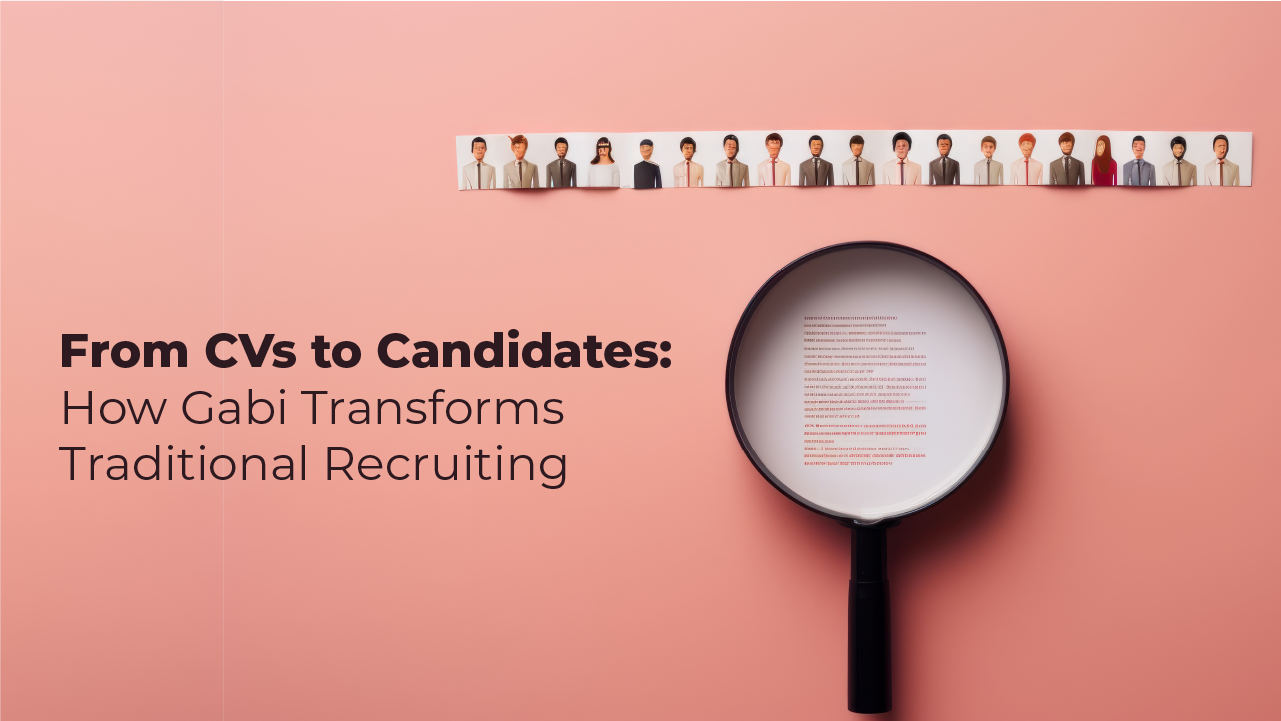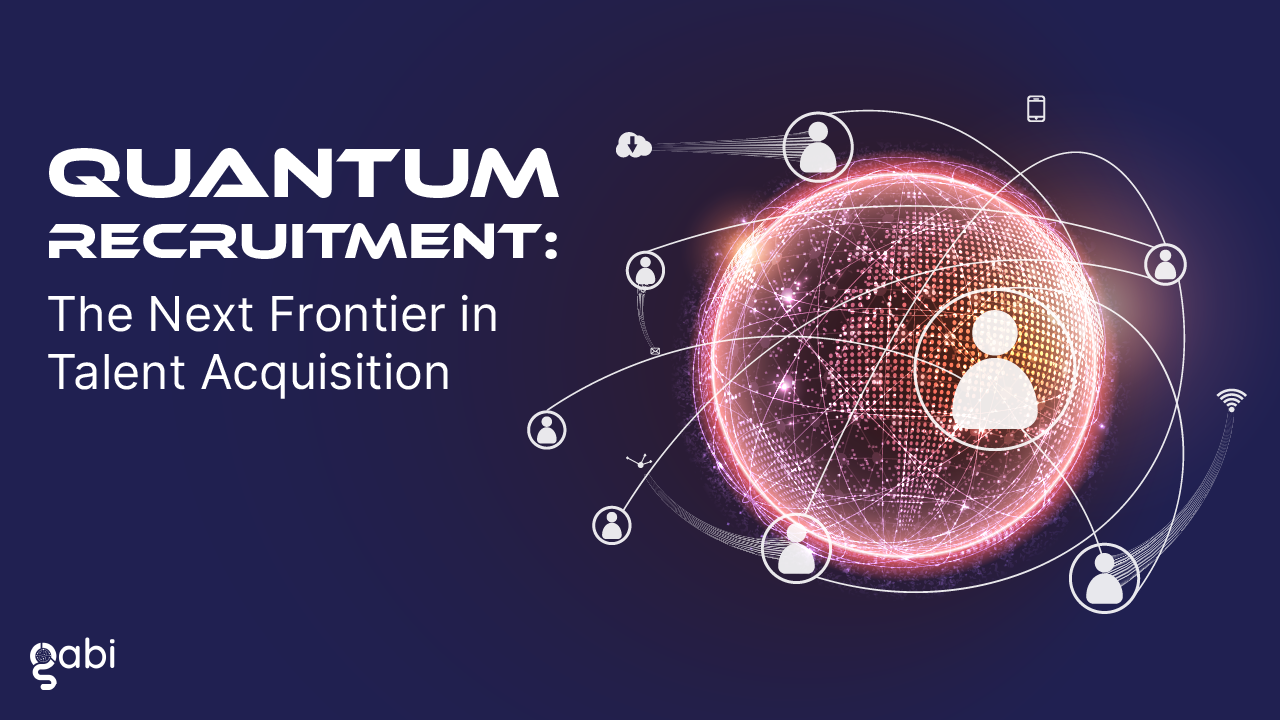In this era marked by unprecedented connectivity and a rapidly evolving global marketplace, the pursuit of top-tier talent has officially transcended geographical boundaries.
As organizations expand their reach and seek to build diverse, high-performing teams, global talent acquisition has become a critical facet of strategic workforce planning and business operations.
This article delves into the multifaceted realm of global talent acquisition, shedding light on the challenges faced and presenting strategic approaches to overcome them.
Introduction to Global Talent Acquisition
Global talent acquisition is more than a recruitment strategy; it’s a cornerstone of organizational success in an interconnected world.
In the pursuit of maintaining a competitive advantage, organizations seek not just to fill roles but to access a worldwide talent reservoir that resonates with their ethos, values, and future aspirations.
Challenges in International Recruitment
Venturing into international recruitment presents a myriad of challenges for organizations. Navigating diverse and often complex labor laws, understanding market dynamics in different regions, and ensuring compliance with an array of regulations are among the top hurdles faced by global employers.
Furthermore, the global talent landscape is diverse, and the quest for identifying the right skills demands a nuanced understanding of local talent markets.
Strategies for Cross-Border Hiring Success
Successfully recruiting across borders demands strategic and well-researched hiring practices.
To effectively navigate the competitive industry, companies need to engage in comprehensive market research to pinpoint gaps in talent and gain a nuanced understanding of the competitive landscape.
Formulating recruitment strategies that align with local practices, preferences, and cultural norms is of the utmost importance.
This involves establishing partnerships with local entities, leveraging recruitment agencies, and tapping into professional networks to reach and attract the right candidates. Also, make sure that you are aware of all local labor laws.
Leveraging Diversity in Global Talent Acquisition
As a global employer, diversity is not merely a checkbox; it’s a strategic imperative. Embracing diversity in global talent acquisition is about more than meeting compliance requirements; it’s a pathway to unlocking innovation and creativity and attracting top talent.
A diverse workforce brings a spectrum of perspectives, enriching problem-solving approaches and fostering a culture of inclusion that can positively impact employee satisfaction and overall business performance.
Navigating Remote Recruitment on a Global Scale
The growing popularity of remote work has added a new layer of opportunity to the global talent landscape. Companies are no longer confined by geographical constraints when seeking talent.
Remote recruitment opens doors to a broader talent pool but necessitates efficient communication, collaboration tools, and a robust remote onboarding process to ensure the seamless integration of global team members.
Cultural Competence in Global Hiring
Cultural competence is vital to successful global hiring. Language barriers, differing work cultures, and diverse expectations require hiring managers and human resources professionals to cultivate cultural sensitivity.
This involves understanding your international talent and having the ability to adapt to cultural nuances, fostering open communication, and creating an inclusive environment that respects and celebrates diversity.
The Impact of Technology on International Hiring
Technology catalyzes effective global talent acquisition. Applicant tracking systems, virtual collaboration tools, and AI-driven recruitment platforms streamline the recruitment process across borders.
Video Interviews and Language Translation Tools
The traditional interview process has transcended physical boundaries with the widespread adoption of video interviews.
This not only saves time and resources but also allows hiring managers to assess candidates’ communication skills and cultural fit. Language translation tools further enhance communication and ensure that you find the right talent.
Applicant Tracking Systems (ATS)
Managing a global talent pipeline necessitates a robust Applicant Tracking System. These systems streamline your global talent acquisition strategy, from posting job openings to managing applications and conducting assessments.
ATS not only enhances efficiency but also provides valuable data for analyzing the effectiveness of recruitment strategies across different regions.
Data Analytics for Informed Decision-Making
By leveraging technology, businesses gain access to advanced data analytics tools that provide valuable insights into the efficacy of their international hiring strategies.
Key metrics, including time-to-fill, source effectiveness, and candidate engagement, can be meticulously tracked and analyzed.
Bottom Line
In conclusion, global talent acquisition is a dynamic and multifaceted endeavor that demands adaptability, cultural awareness, and a tech-savvy approach.
Success lies in aligning recruitment strategies with local practices, embracing diversity as a strength, and leveraging technology to overcome geographical barriers. As the business landscape continues to globalize, organizations that master the art of global talent acquisition will certainly survive and thrive in the competitive market.
In this pursuit, Gabi Labs emerges as a pivotal player, utilizing transformative AI-powered recruiting to bridge gaps and reshape how organizations acquire talent globally. Join the global talent revolution, where boundaries are not obstacles but opportunities for growth and innovation. Get in touch with us now and discover the solutions that will give you a competitive advantage!





